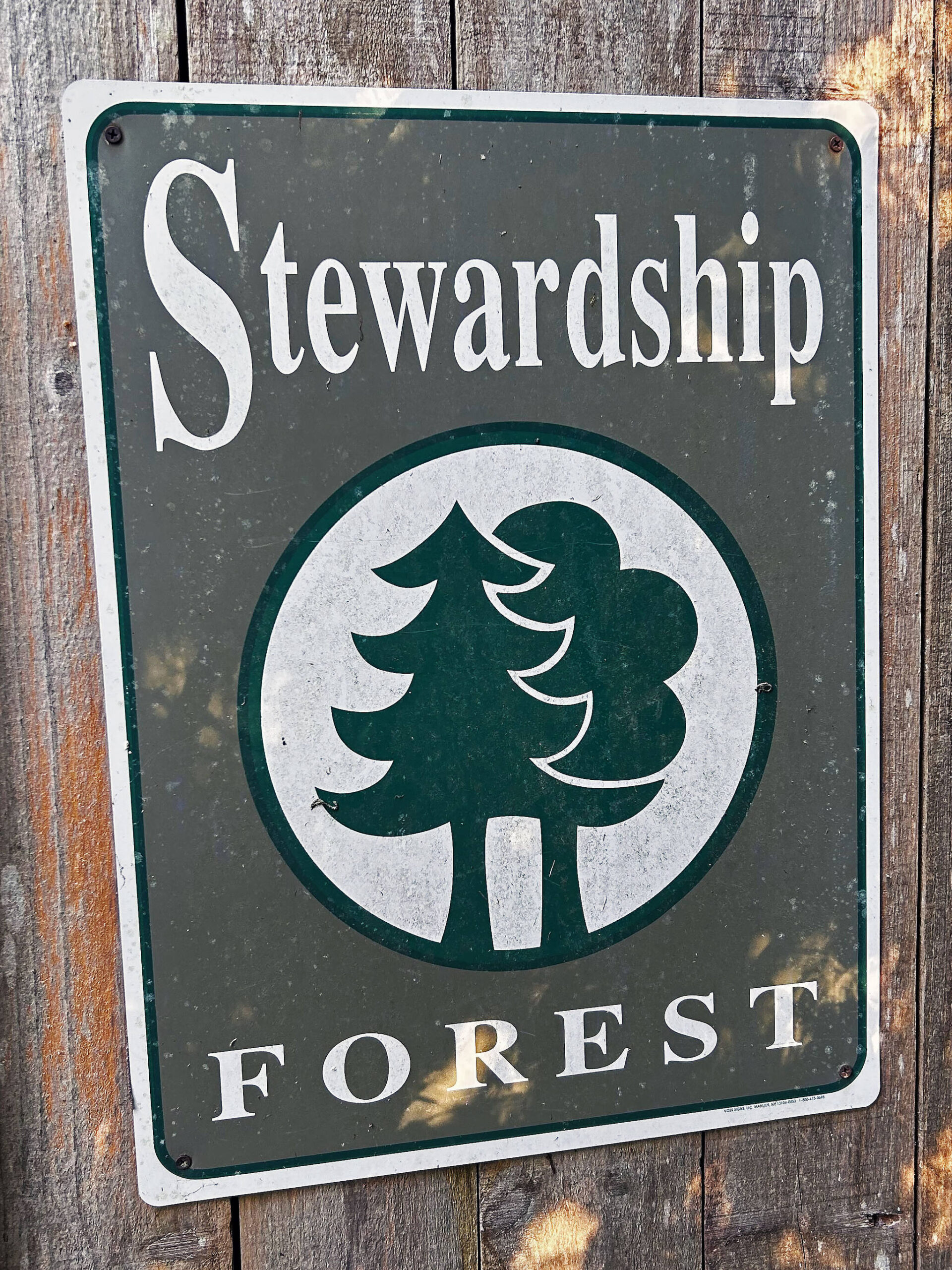The Department of Natural Resources and Washington State University Extension Forestry recently finalized a $750,000 contract to expand the number of educational opportunities for forest landowners statewide.
For Whidbey, that means courses starting this week covering silviculture, wildlife, forest management plans, wildfire preparedness, invasive weeds, Native American uses of the land, chainsaw safety and more.
Friday morning, Island County WSU Extension based in Coupeville started its flagship stewardship coach planning course in Langley, a nine-week program teaching forest landowners everything they need to know about good stewardship, said Kevin Zobrist, a forestry professor.
Students will receive a customized stewardship plan, which helps them get into a preferential tax program to perform conservation projects on the property that would otherwise be cost prohibitive. They’ll also get a sign reading “Stewardship Forest” to display on their property for passersby.
Some people take the course right after purchasing forest land. Some have owned their land for 20 years. The experience the students bring in varies just as much.
“Everything’s focused on adult education,” Zobrist said. “I can’t handle kids.”
Week one of the course covers the basics — native tree identification and what trees need to thrive. Then it evolves into how forests develop, especially focused on local ecosystems. Next is wildlife habitat and how to enhance it. Then comes the most common threats, like insects and disease.
Students learn about silviculture, putting these things into practice to build a vibrant, healthy forest. Then, of course, regulation and laws and the impacts of climate change.
The program is in high demand with a long waiting list, Zobrist said.
This is the first like-program the Island County WSU Extension has been able to offer since 2018, he said, and that’s thanks to the grant from the Department of Natural Resources. The Island County commissioners have also been “steadfast” in their support, he said.
Since 2018, costs have been rising but funding has not, he said. This new capital allows not only the re-launch of community forestry curriculums, but two program assistants, which translates to covering more of the region. This year, Zobrist was able to accomplish eight coach planning courses, double the scope of the previous years.
Surveys following the past community forestry courses show that 88% of participants implement new and different practices following the class.
“I would challenge anybody to find another program that gets 88% behavior change,” Zobrist said.
A total of 92% show an increased enjoyment of their property, 94% have an increased understanding of the ecological importance of their property and 85% report they are less likely to have land developed.
This results in a lasting impact not only on the island but statewide.
According to WSU Extension Forestry, attendees of field days last year treated up to 630 acres of land after the event, resulting in at least $2.2 million in savings for the state if the land were to burn.


